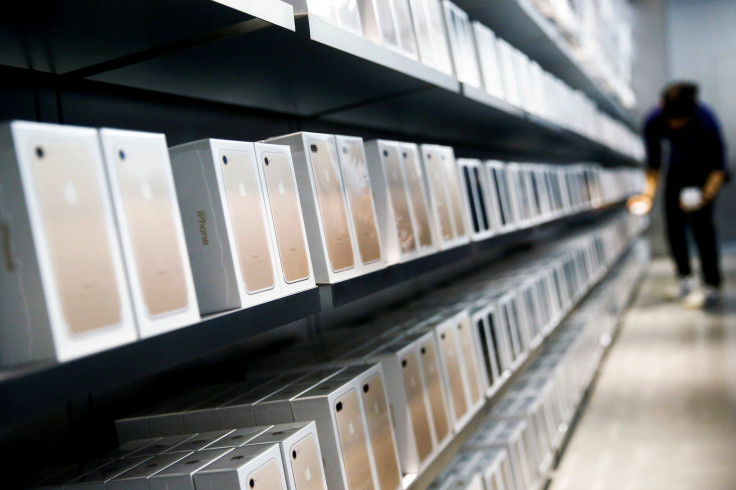The iPhone 7 has been on the market for two weeks and there are countless, conflicting reports about the device’s outlook. Some reports indicate massive demand for various models of the iPhone 7, enough to cause shipment delays. Some anxious customers may have to wait until November for their new smartphones. Meanwhile, analysts fear the iPhone 7 may be a flop compared to the iPhone 6s. Research firm GfK estimates first week sales are down 25 percent from sales of the iPhone 6s in 2015.
However, slowing sales of the iPhone do not actually spell Apple’s demise, as several pundits would have the public believe. Uncertainty about the iPhone 7’s prospects may be yet another sign of the steadily flattening smartphone market, where more consumers are upgrading devices from an older model instead of purchasing iPhones for the first time.
Apple has been stuck in this upgrade syndrome, particularly after the launch of the iPhone 6 in 2014, which would be considered the manufacturer’s last major upgrade in recent seasons. “The calendar Q1, Q2 of 2015 was basically a huge inventory build to make up for the pent up demand for the iPhone 6 and the pent up demand for the larger screen iPhone,” IHS analyst Wayne Lam told iDigitalTimes.
The success of the iPhone 6 could be indicative of a peak for Apple; however, the sales valley remains to be seen. Early 2016 marked the first time Apple did not experience a growth in iPhone sales, but there was also no drop in sales. Instead, sales of the iPhone held steady year-over-year between early 2015 and 2016, indicating Apple’s new norm may be a persistent high, rather than a continual increase.
In early September, Apple told investors it would not announce first weekend sales of the iPhone 7. This promptly sent its stock down out of fear that the Cupertino-based tech giant was losing its mojo. But Lam notes the move was likely more about expectation management, rather than about hiding trouble within the company or the iPhone brand.
Having sold its one billionth iPhone in July, Apple is not hurting for customers. Despite indications the iPhone 7 may not be an appealing enough upgrade to attract customers, reviews for the smartphone are largely positive. The company seems aware that its heyday is coming to a close and is likely transitioning the iPhone brand into more of a maintenance mode.
Lam noted Apple has likely anticipated an overall smaller build for the iPhone 7. “Initial inventory checks have kind of shown that with the anticipated lower demand, we're seeing very tight inventory. That is consistent with a smaller build,” he added.
Furthermore, the debut of Apple’s own Upgrade Program in 2015 is also indicative of efforts to maintain its current user base and ensure those who already own iPhones have easy access to the latest model each year.
Making up a cool 60 percent of Apple’s overall revenue, it would take a major hit to destroy the iPhone’s market. Though there is no immediate threat to the brand, there are many indications of Apple’s forward thinking to ensure a formidable sales valley never comes.
“[The iPhone] has huge longevity and is going to be hugely successful. But for the long term health of Apple, it needs to be concerned,” Lam told iDigi.
More than ever, Apple seems committed to getting ahead of concerns before the public raises them. The manufacturer is pushing innovations never before seen on Apple products. The iPhone 7 in particular includes features new to the brand, such as the dual-lens camera on the 7 Plus, the removal of the audio jack and water resistance. Future iPhones are expected to feature major design and specs overhauls to coincide with the 10th anniversary of the brand.
Perhaps Apple won’t again see the sales spikes that established it as a top global brand. However, with the right strategy, it may get to the point where it doesn’t have to rely so heavily on iPhone sales.
Reports hint at Apple’s ventures outside of the mobile space, such as Project Titan for autonomous cars and endeavors in virtual reality. However, these technologies will likely still tie back to the smartphones in some way, keeping sales stable and the iPhone secure.
“It's going to be a good business for [Apple] as long as it keeps innovating,” Lam said. “There's still a lot of innovations to yet come on the iPhone.”

















